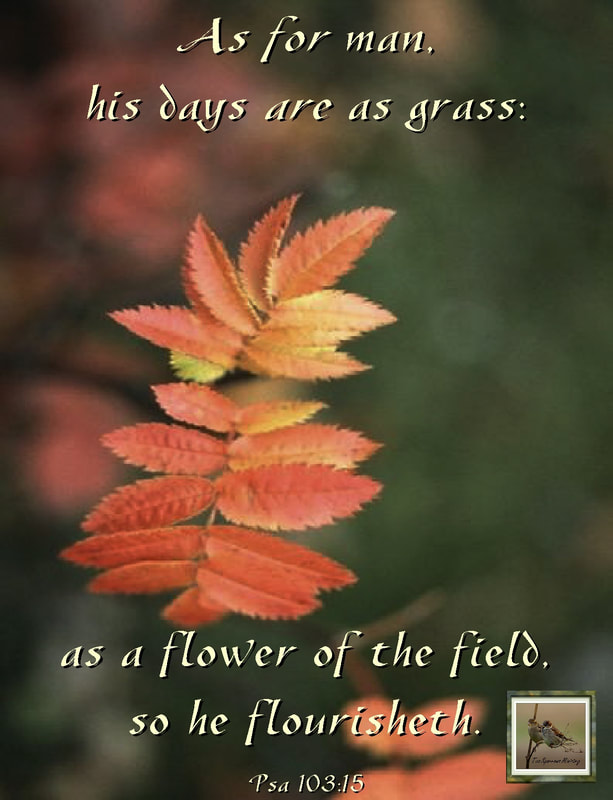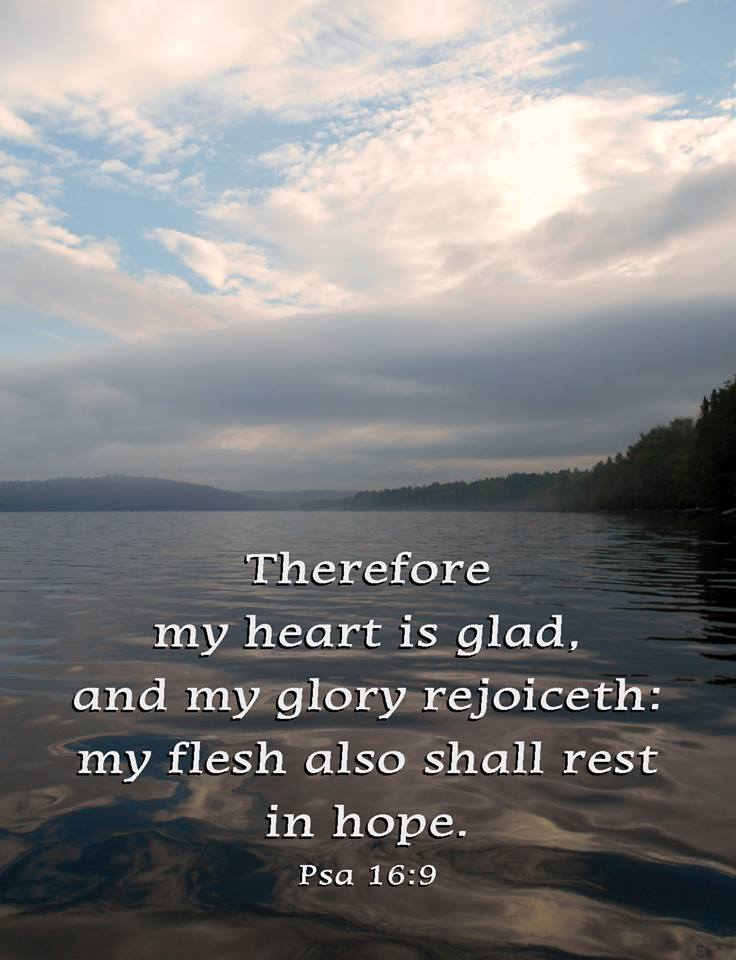People reflect a lot when they are faced with their own mortality. Each experience a variety of emotions, as expected: denial, fear, anger, remorse, more denial and eventually acceptance.
As a caregiver, and dealing with each individual, I learned never to underestimate someone's capacity for change, and restoration. Some changes were phenomenal.
Many expressed regrets they had or anything they would do differently, and common themes surfaced. Here are the most common five:
1. I wish I'd had the courage to live a life true to myself, not the life others expected of me.
This was the most common regret of all. When people realize that their life is almost over and look back clearly on it, it is easy to see how many dreams have gone unfulfilled. Most people have not honored even half of their dreams and had to die knowing that it was due to choices they’d made, or not made.
It’s important to try to honor at least some of your dreams along the way. It’s too late once you lose your health. Health brings a freedom very few realize, until they no longer have it.
2. I wish I didn't work so hard.
Men are the ones who speak of this the most. They missed their children's youth and their partner's companionship. Women also speak of this regret. But as most are from an older generation, many of the female patients had not been breadwinners. All of the men I nursed deeply regretted spending so much of their lives on the treadmill of a work existence.
By simplifying your lifestyle and making conscious choices along the way, it is possible to not need the income that you think you do. And by creating more space in your life, you become happier and more open to new opportunities, ones more suited to your new lifestyle.
3. I wish I'd had the courage to express my feelings.
Many people suppress their feelings in order to keep peace with others. As a result, they settle for a mediocre existence and never become who they were truly capable of becoming. Many develop illnesses relating to the bitterness and resentment they carry as a result.
We cannot control the reactions of others. However, although people may initially react when you change the way you are by speaking honestly, in the end it raises the relationship to a whole new and healthier level. Either that or it releases the unhealthy relationship from your life. Either way, you win.
4. I wish I had stayed in touch with my friends.
Often they do not truly realize the full benefits of old friends until their dying weeks, and it was not always possible to track them down. Many become so caught up in their own lives that they let golden friendships slip by over the years. There were many deep regrets about not giving friendships the time and effort they deserve. Everyone misses their friends when they are dying.
It is common for anyone in a busy lifestyle to let friendships slip. But when you are faced with your approaching death, the physical details of life fall away. People do want to get their financial affairs in order if possible. But it is not money or status that holds the true importance for them. They want to get things in order more for the benefit of those they love. Usually though, they are too ill and weary to ever manage this task. It all comes down to love and relationships in the end. That is all that remains in the final weeks: love and relationships.
5. I should have been more forgiving, and reached out in reconciliation more.
There is no one exempt from sorrows, grief, and being hurt by others; it goes with life. However, like happiness, forgiveness is a choice also. Many people I’ve taken care of have expressed regrets of not settling a disagreement, and reaching out for reconciliation with people in their lives that have hurt them, and those they have hurt. When this happens, it eats away at the persons soul, and leaves them with the knowing that they are leaving something undone, that should have been taken care of. For themselves even more than the other’s involved. Forgiveness, and restoration in relationships brings the needed peace to be able to leave this world, having made amends as much as possible. This is God’s way.
6. I wish I’d been more serious about seeking my purpose in this life, and what eternity holds.
In the business of life, we tend to push to the back of our minds the fact that we are here for only a short time. We place our importance on the things in this life that we will all leave behind someday. Most people will not even open themselves enough to have an honest conversation about death. They run from it, and they run from God, but all the time, every day we live, we are taking another step in His direction, whether we like it or not. One day we will face Him. This is another reason why the choices we make in this life are so important; and eternal.
In John 14:6 Jesus says “I am the way, the truth and the life; no one comes to the Father, but by Me.”
The crucial question for you is, have you come to Jesus? Do you know him as your Savior and Lord? If not, don’t delay; come to Him, ask Him to forgive your sins, and accept Him into your heart. You will never regret it. Then you are ready to face your last day here, and enter into heaven.
7. I wish that I had let myself be happier.
This is a surprisingly common one. Many do not realize until the end that happiness is a choice. They had stayed stuck in old patterns and habits. The so-called “comfort” of familiarity overflowed into their emotions, as well as their physical lives. Fear of change had them pretending to others, and to themselves, that they were content. When deep within, they longed to laugh properly and have silliness in their life again.
When you are on your deathbed, what others think of you is a long way from your mind. How wonderful to be able to let go and smile again, long before you are dying.
Life is a choice. It is your life. Choose consciously, choose wisely and choose honestly. Choose happiness.
Jesus spoke of this often, and one scripture that describes His will for us in this life is one we should take very seriously.
Joh 10:10 The thief cometh not, but for to steal, and to kill, and to destroy: I am come that they might have life, and that they might have it more abundantly.
Lorna Couillard
2008








